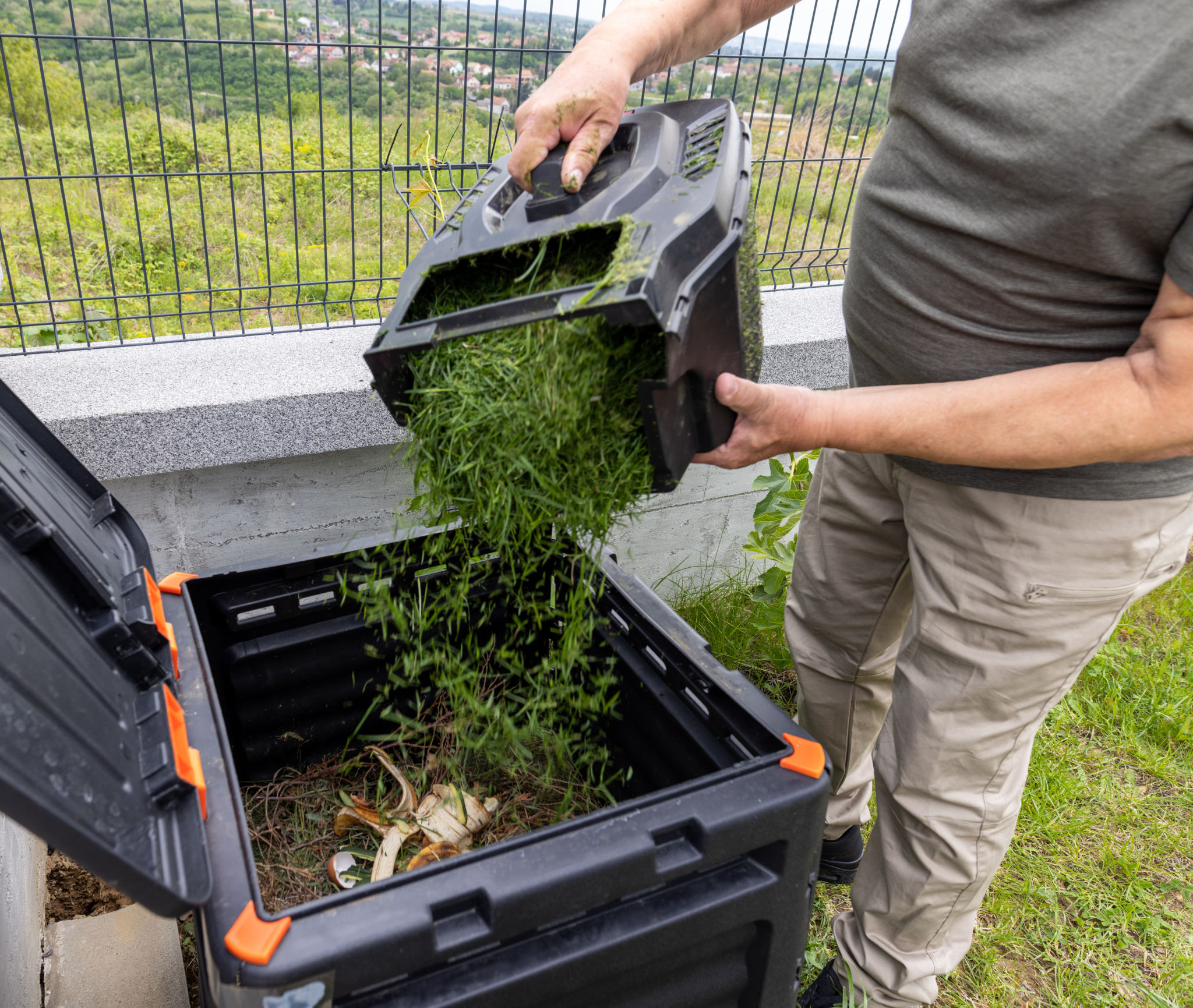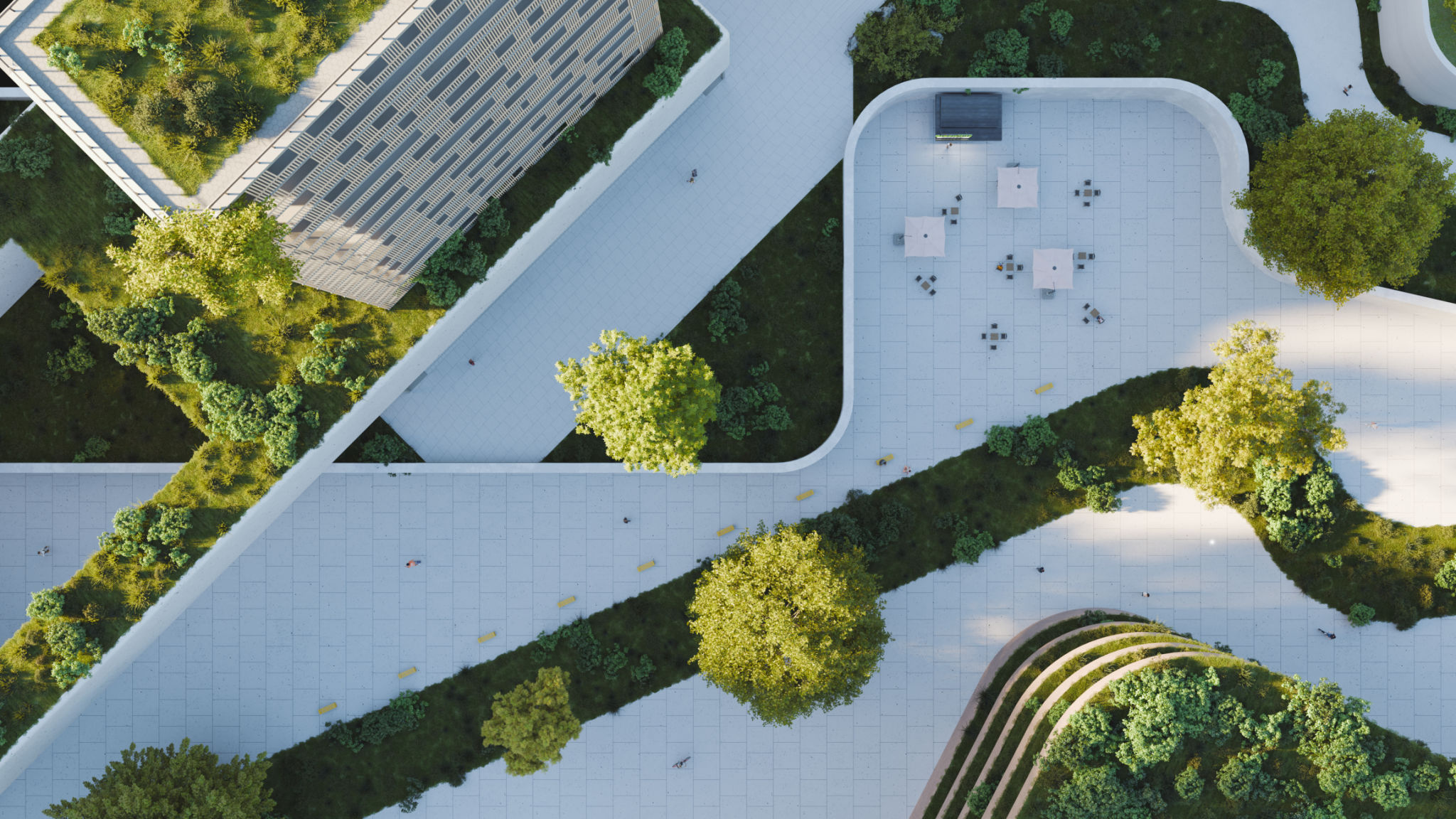Sustainable Landscaping Practices for Urban Gardens in Akron
JR
Understanding the Need for Sustainable Landscaping
As urban areas like Akron continue to expand, the importance of integrating green spaces into city landscapes becomes increasingly evident. Sustainable landscaping not only beautifies urban gardens but also provides environmental benefits, such as improving air quality and supporting biodiversity. For residents of Akron, adopting sustainable landscaping practices can contribute to a healthier and more pleasant urban environment.
Urban gardens face unique challenges, including limited space, soil quality issues, and the urban heat island effect. Implementing sustainable practices can help mitigate these challenges and ensure that these green spaces thrive. By focusing on sustainability, gardeners can create resilient landscapes that require fewer resources and have a positive impact on the local ecosystem.

Choosing Native Plants
One of the most effective sustainable landscaping practices is selecting native plants for urban gardens. Native plants are adapted to the local climate and soil conditions, making them more resilient to drought and pests. In Akron, several native plant species can be integrated into urban gardens, offering both beauty and ecological benefits.
Some popular native plants suitable for Akron gardens include the Black-eyed Susan, Purple Coneflower, and Ohio Spiderwort. These plants not only add vibrant colors to the landscape but also attract pollinators such as bees and butterflies. By choosing native species, gardeners can reduce the need for chemical fertilizers and pesticides, promoting a healthier garden ecosystem.

Efficient Water Management
Water conservation is a critical component of sustainable landscaping. In urban areas like Akron, where water resources can be limited, implementing efficient water management techniques is essential. Rainwater harvesting is one effective method, allowing gardeners to collect and store rainwater for irrigation purposes. Installing rain barrels or cisterns can significantly reduce reliance on municipal water supplies.
In addition to rainwater harvesting, drip irrigation systems are another sustainable option. These systems deliver water directly to the plant's root zone, minimizing evaporation and ensuring that plants receive the moisture they need without waste. Mulching is also a beneficial practice, as it helps retain soil moisture and suppresses weed growth.

Composting for Soil Health
Maintaining healthy soil is crucial for successful urban gardening. Composting is an excellent way to enhance soil quality while reducing household waste. By turning kitchen scraps and yard waste into nutrient-rich compost, gardeners can improve soil structure, increase fertility, and support beneficial microorganisms.
Incorporating compost into garden beds helps retain moisture and provides essential nutrients to plants, reducing the need for chemical fertilizers. Akron residents can start composting with simple setups like compost bins or piles in their backyards. This practice not only benefits the garden but also contributes to a reduction in landfill waste.

Incorporating Green Infrastructure
Green infrastructure refers to practices that use vegetation and natural processes to manage stormwater, improve air quality, and enhance urban aesthetics. In Akron, incorporating green infrastructure into landscaping designs can have significant environmental benefits. Examples include rain gardens, green roofs, and permeable pavements.
Rain gardens are shallow depressions planted with native vegetation designed to capture and absorb rainwater runoff from impervious surfaces like roofs and driveways. These gardens help reduce flooding and recharge groundwater supplies while providing habitat for local wildlife. Green roofs, on the other hand, offer insulation benefits and help mitigate the urban heat island effect.

Engaging with the Community
Sustainable landscaping in urban areas extends beyond individual gardens; it involves community engagement and collaboration. Akron residents can participate in community gardening projects or join local environmental groups to promote sustainable practices on a larger scale. These initiatives often provide opportunities to share resources, knowledge, and support among gardeners.
Community involvement also fosters a sense of ownership and pride in local green spaces. By working together, residents can transform vacant lots or underutilized areas into thriving urban gardens that benefit the entire neighborhood. Engaging with the community not only enhances environmental awareness but also strengthens social ties.

Conclusion: A Greener Future for Akron
Sustainable landscaping practices offer a pathway to creating vibrant and resilient urban gardens in Akron. By choosing native plants, managing water efficiently, enhancing soil health through composting, incorporating green infrastructure, and engaging with the community, residents can significantly improve their local environment.
As more Akron residents embrace these practices, the city will move towards a greener and more sustainable future. Urban gardens not only enhance the quality of life for those who tend them but also contribute to a healthier ecosystem for all city dwellers. Together, we can cultivate a landscape that supports both people and nature in harmony.